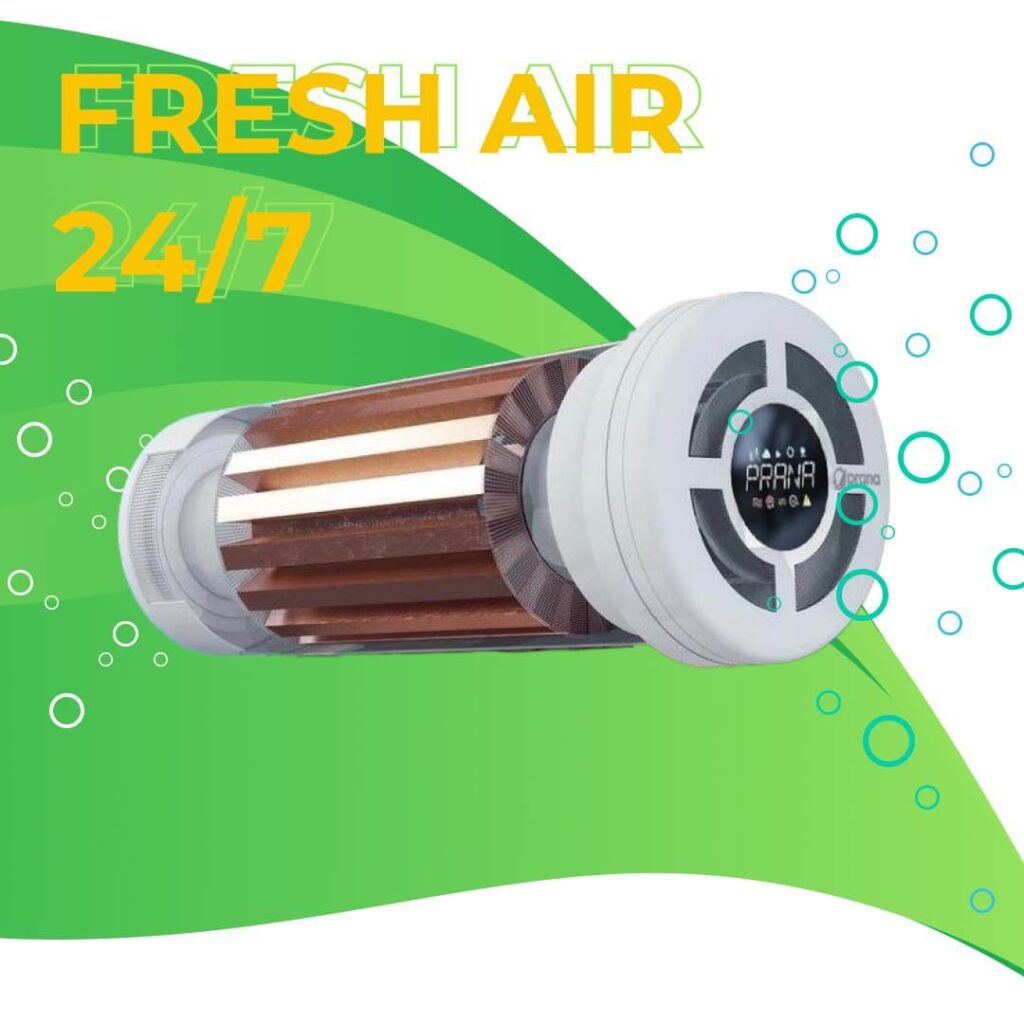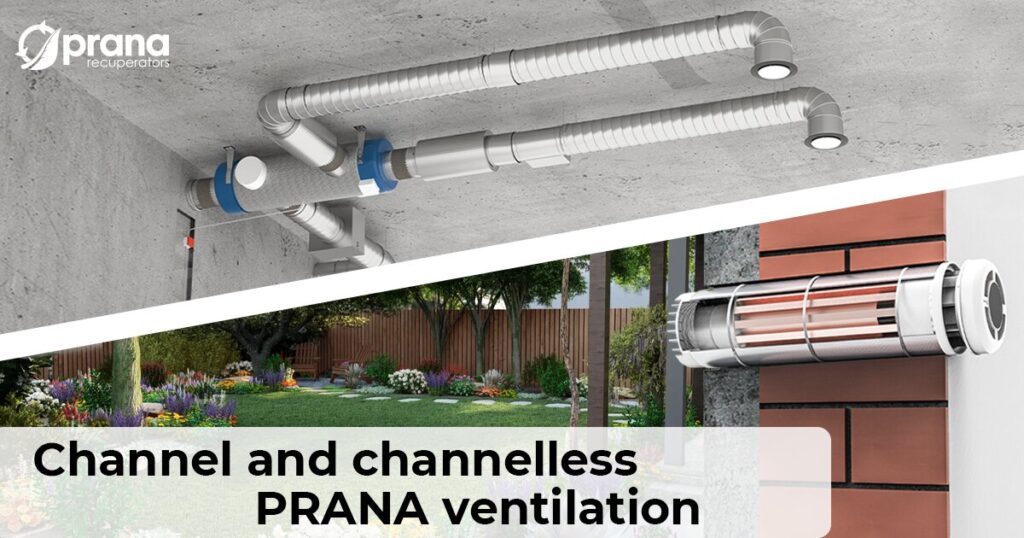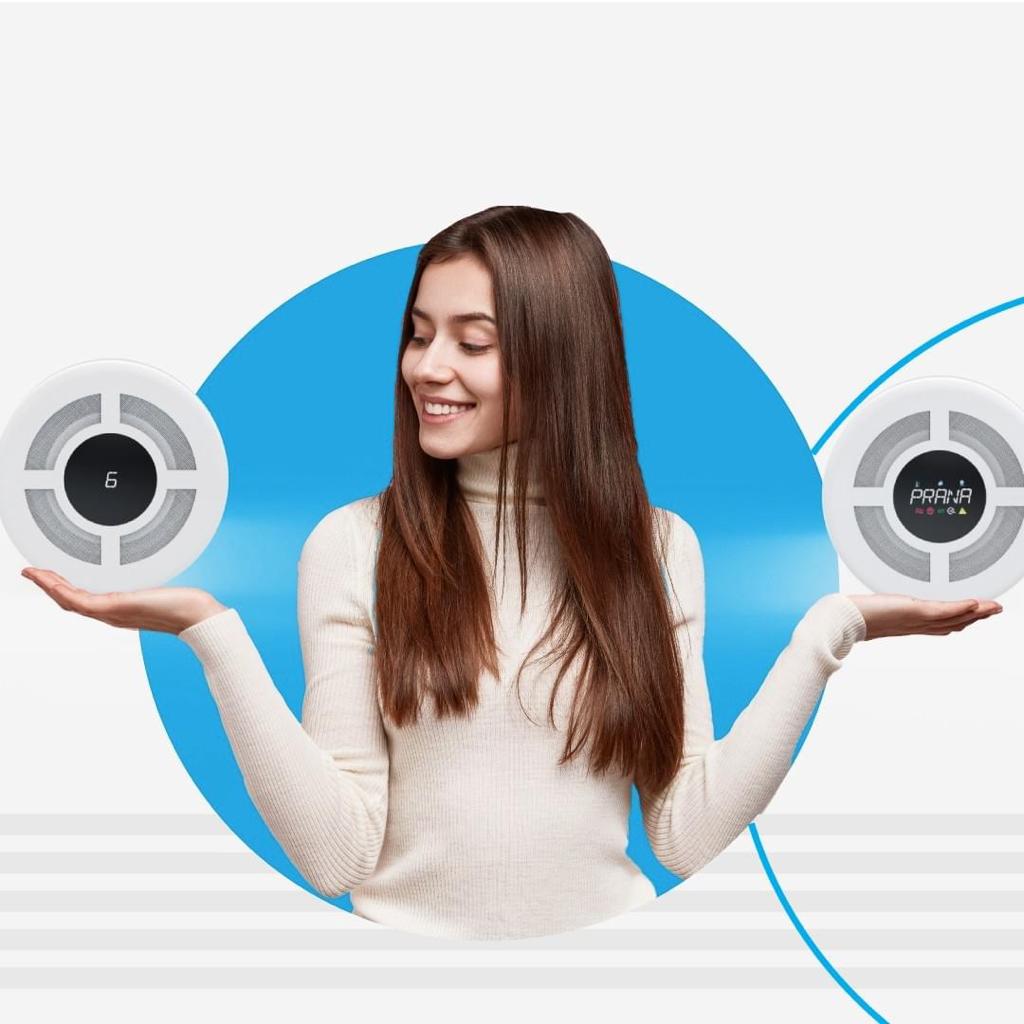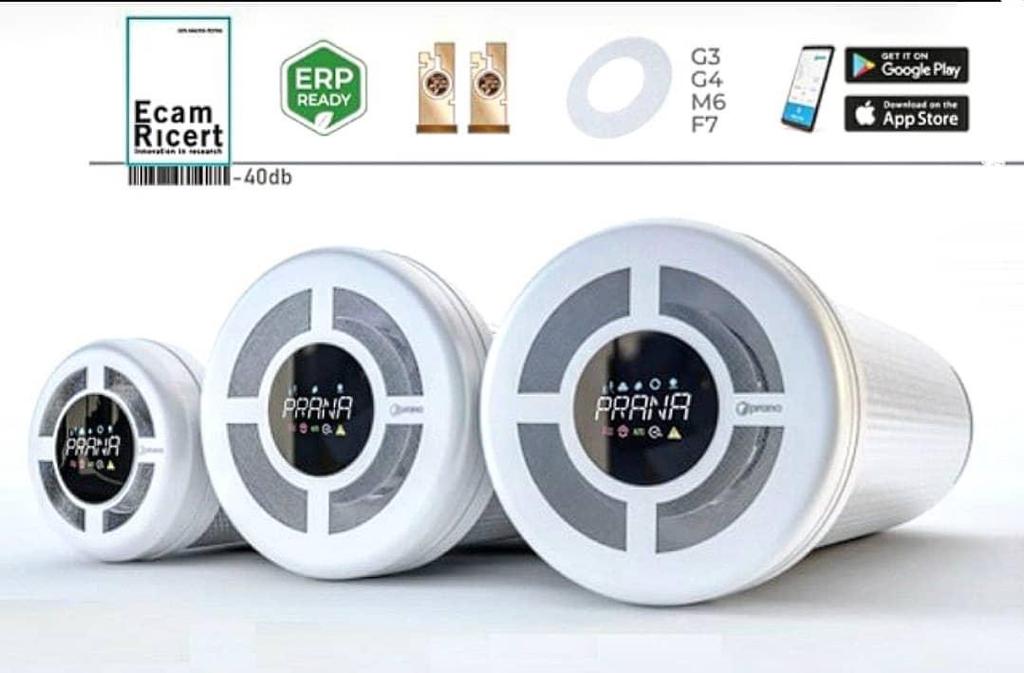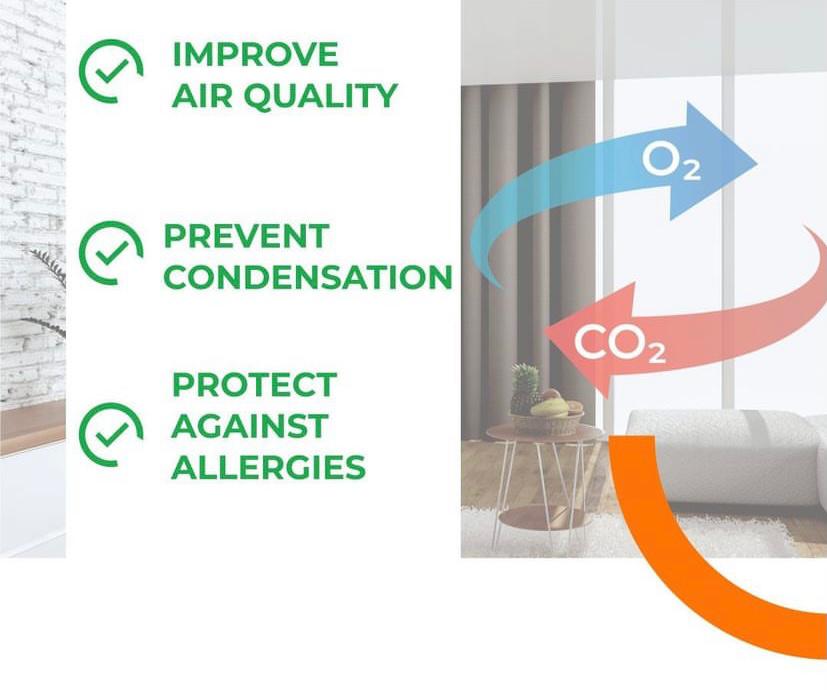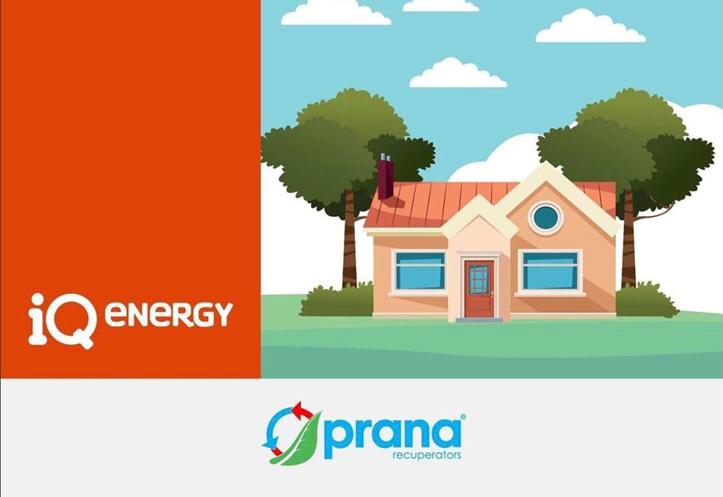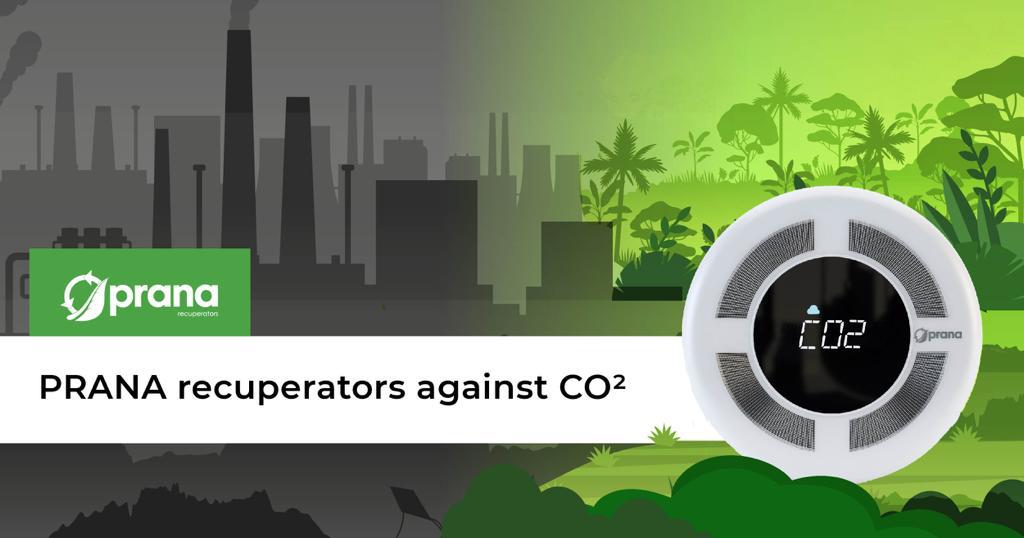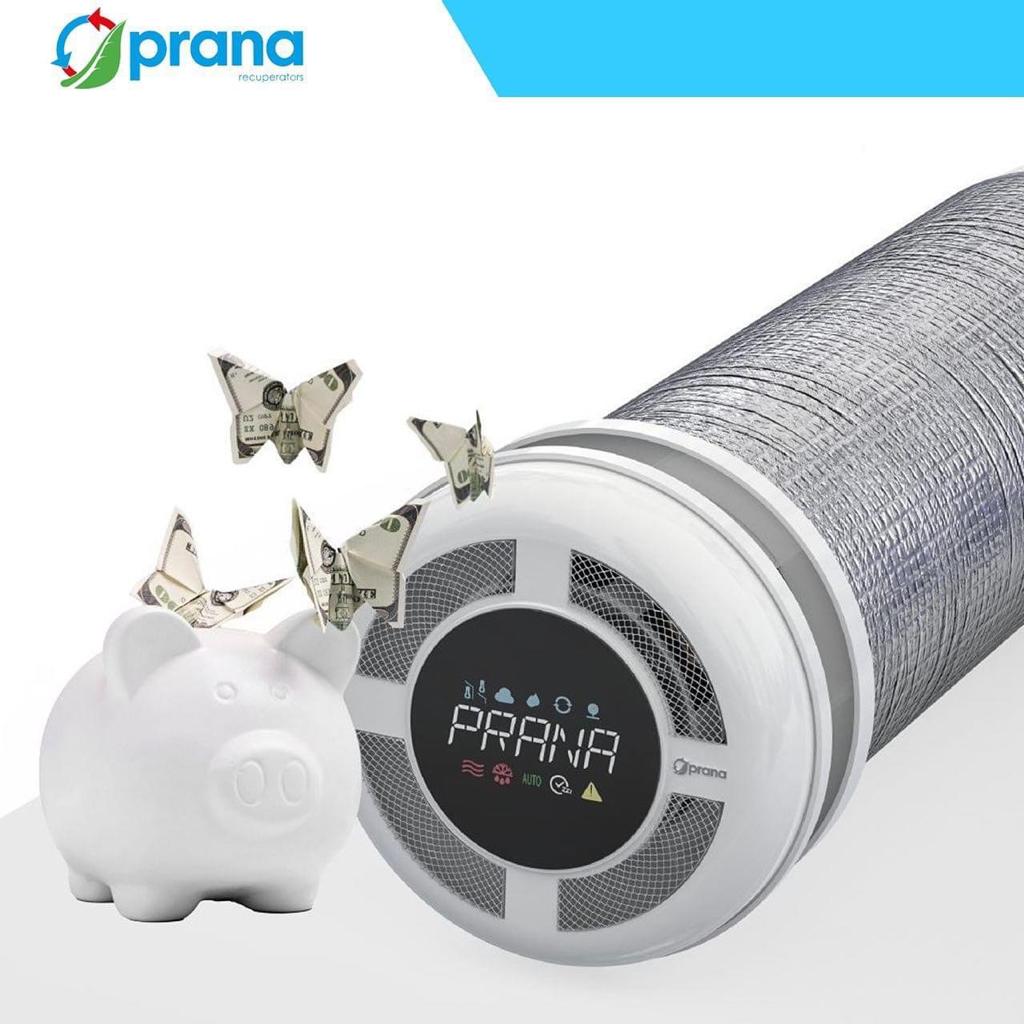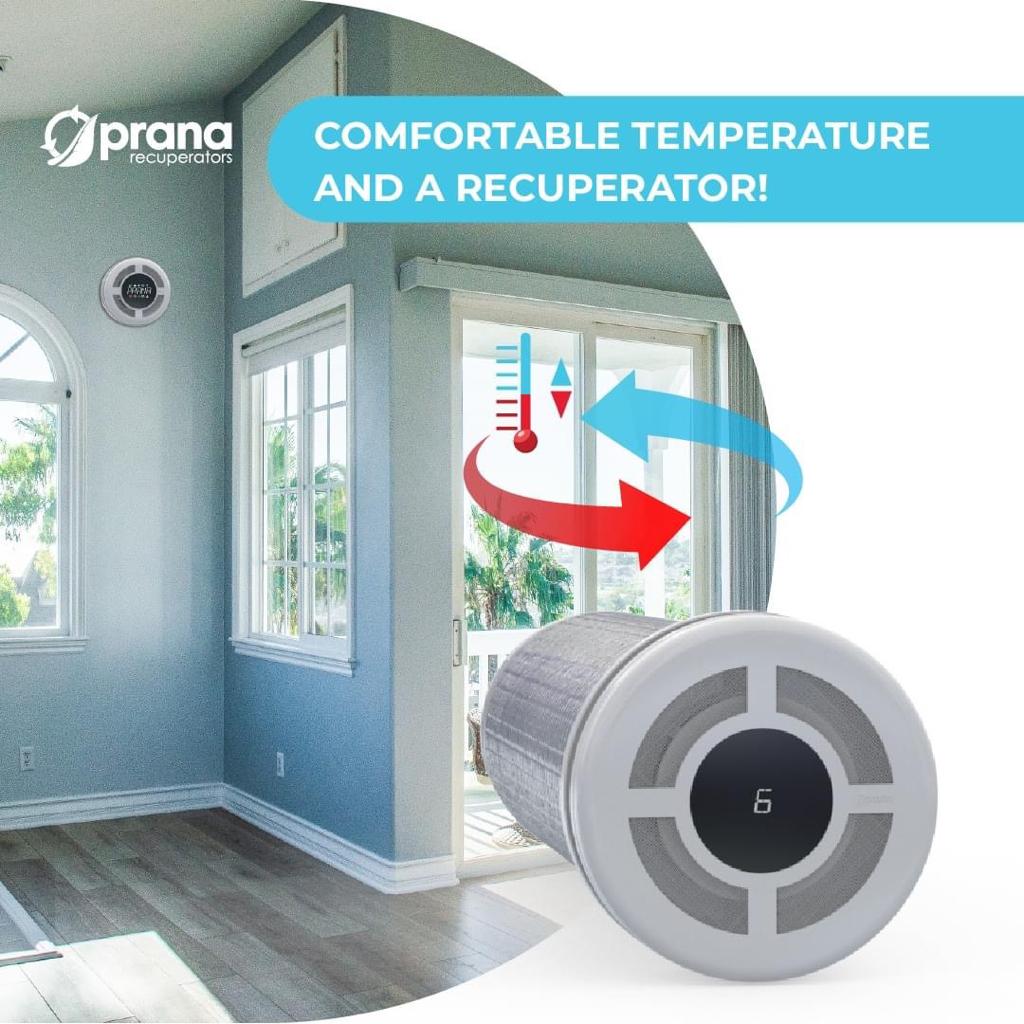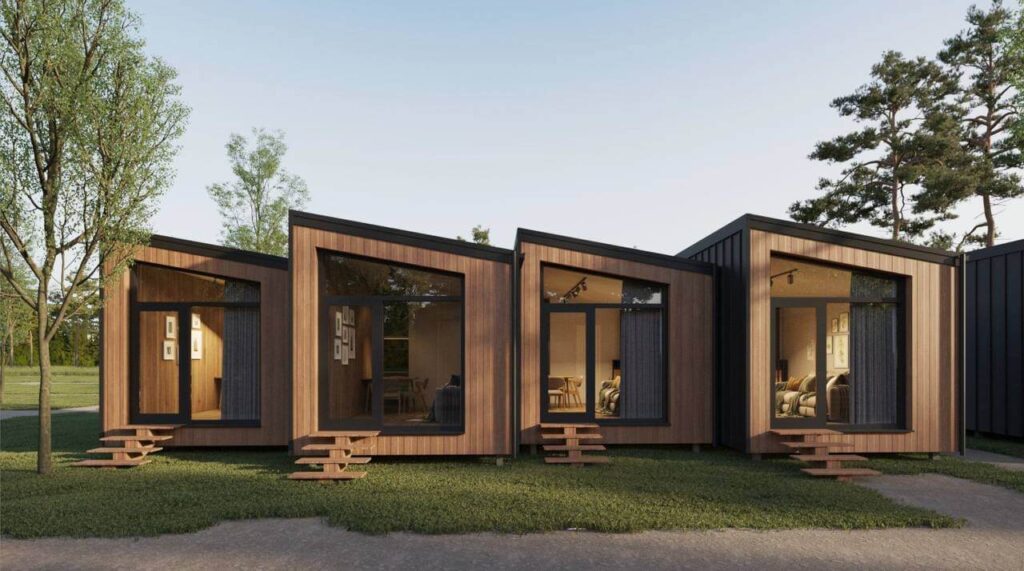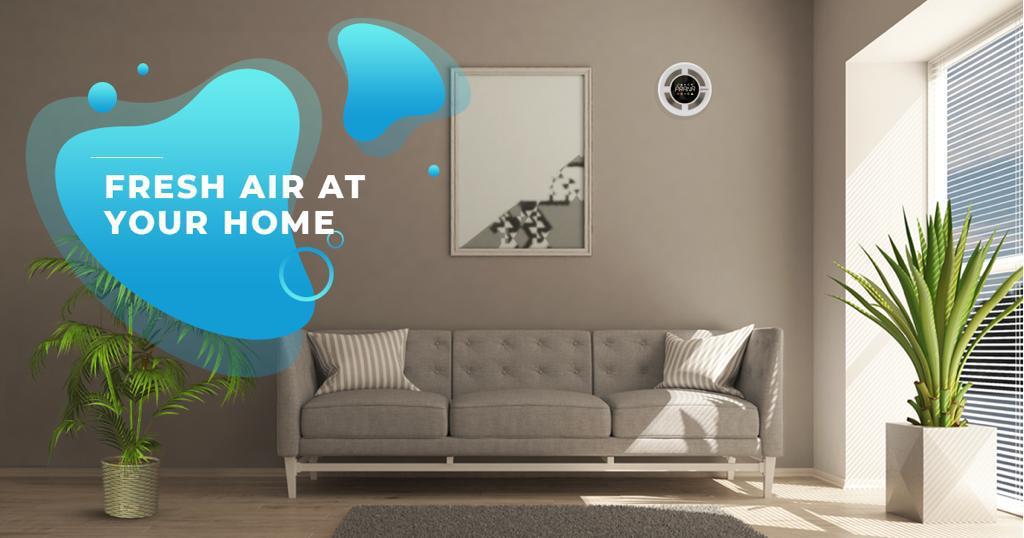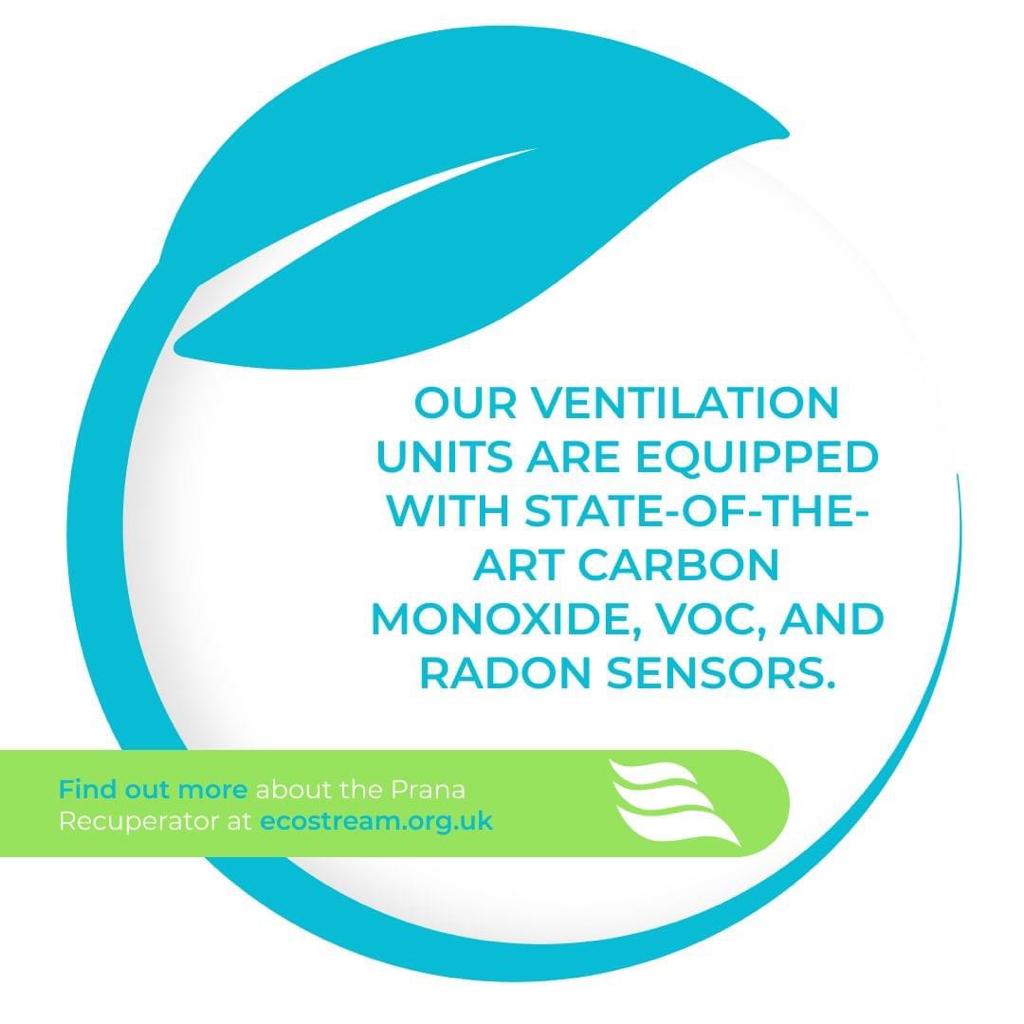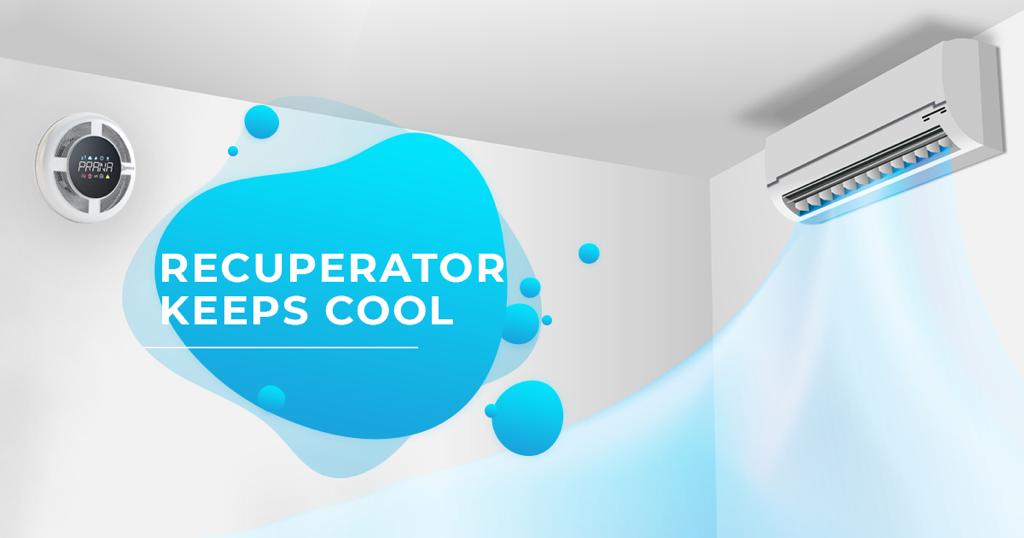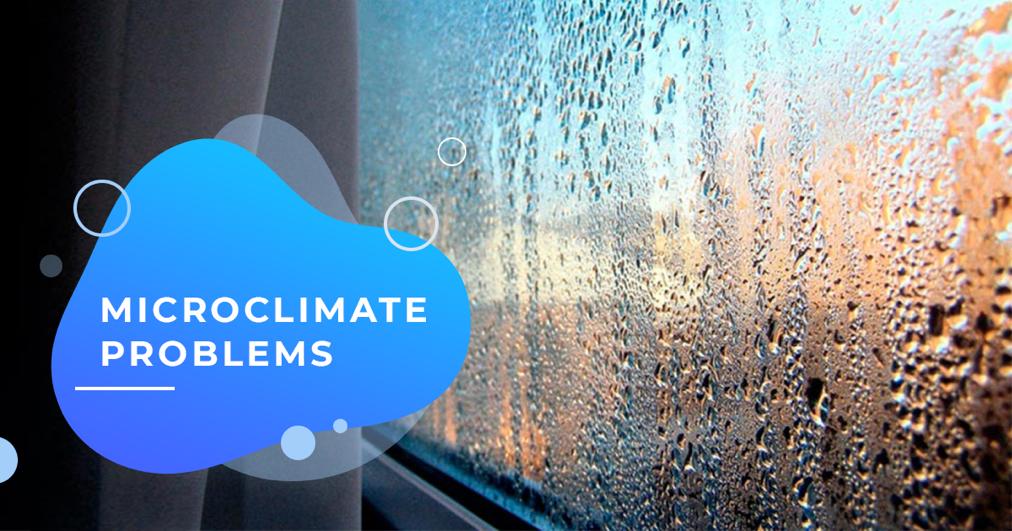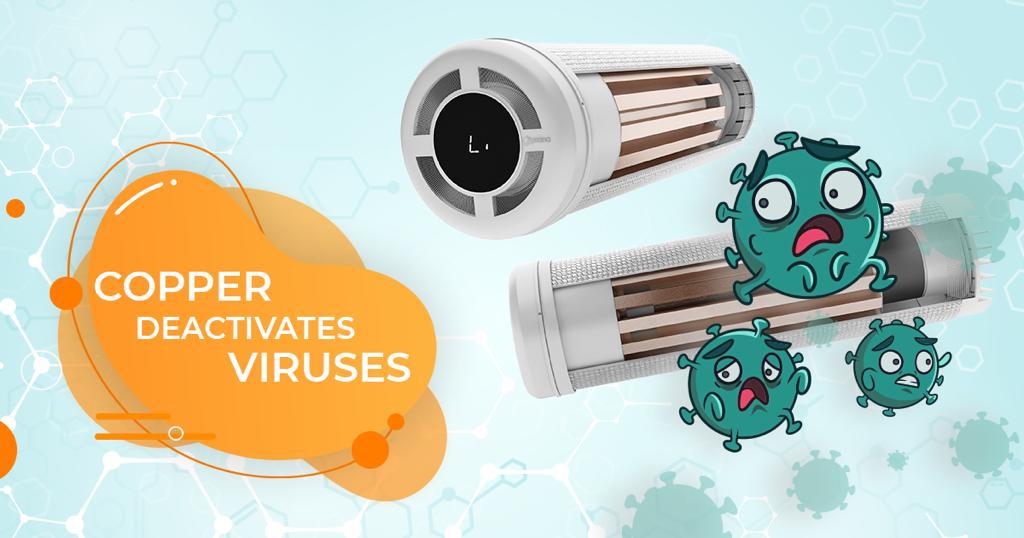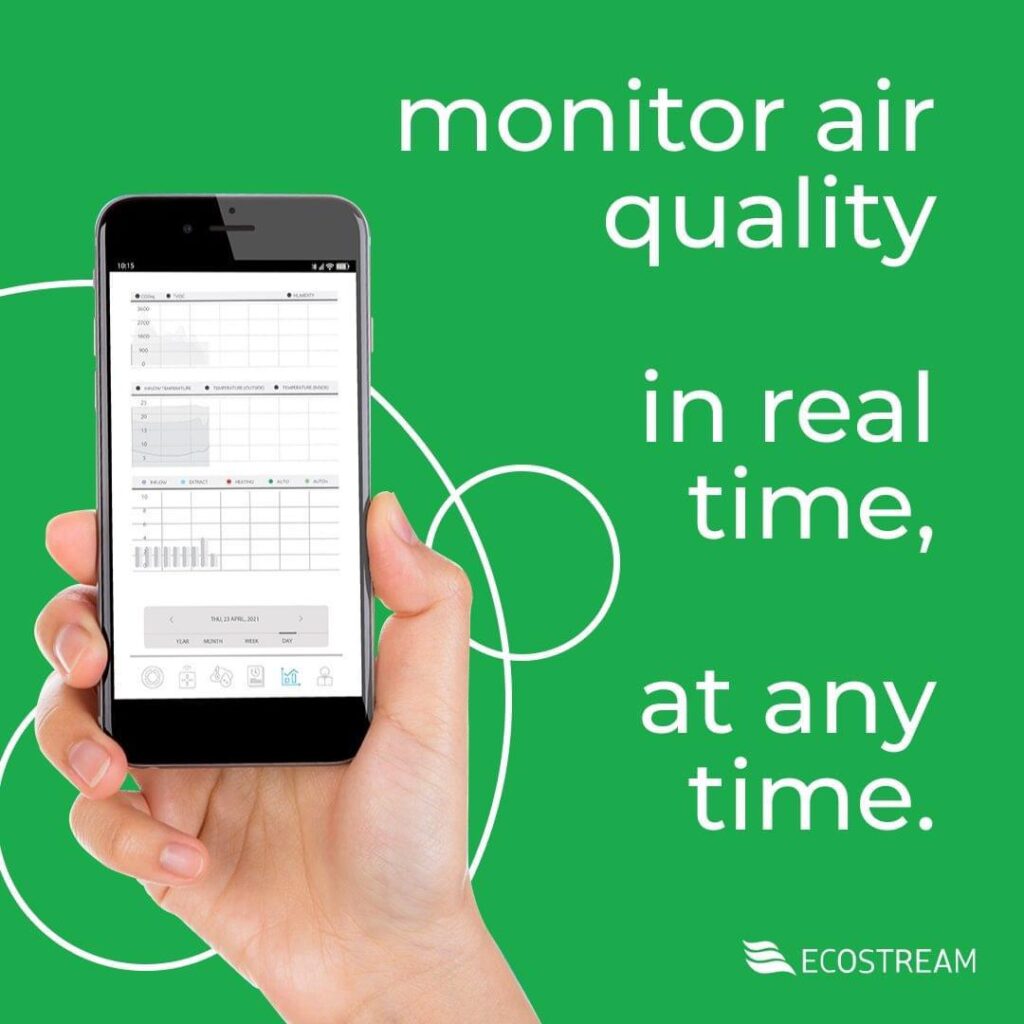Under the shadow of the war in Europe, the 2022–2023 heating season poses a real challenge to the European energy system. Therefore, people in Britain may be anxiously bracing themselves for the beginning of the cold season: will there be enough energy sources to provide everyone with sufficient heating and how much will we have to pay to heat our homes? These are the questions concerning us all now.
Every person who owns or rents a home, office, or industrial premises is now hyper aware of the issue of energy efficiency and how to preserve available energy resources. So, how do we avoid wasting energy and spending additional funds on heating?
Frequent energy-saving “solutions” that Europeans resort to involve the following standard thermal modernisations of premises:
• insulation of the facade
• insulation of the roof and walls
• installation of hermetic & plastic double-glazed windows
• installation of an individual heat point
• connecting a loggia to the room or kitchen.
Although such steps do reduce heat loss in winter, they also disrupt the natural ventilation of the property, which can lead to several problems. Apartments and offices can turn into a kind of thermos, plagued by high humidity and a constant lack of fresh air. Over time, in airtight premises, windows begin to fog up, mould and fungus appear, furniture and interior elements deteriorate, and microorganisms and bacteria harmful to the human body multiply.

